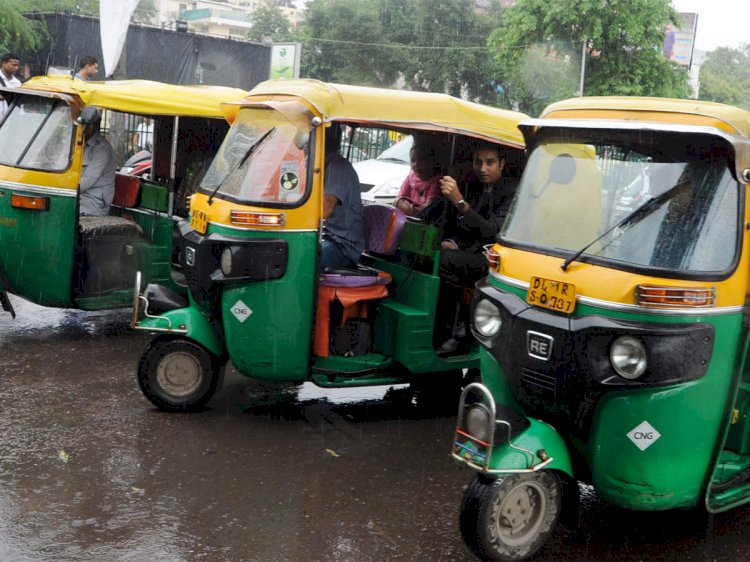Travelling safe during Covid pandemic: Transmission in taxi, bus and auto
For Printing Download Epaper from files section from bottom of this page

Mumbai: A person is almost 300 times more likely to contract the coronavirus disease (Covid-19) sitting in an air-conditioned (AC) taxi with a passenger, who is Covid positive, than she is sitting in an autorickshaw, a recent study by two scientists at the Johns Hopkins University (JHU), Bloomberg School of Public Health, Department of Environmental Health and Engineering, found.
The probability of catching the infection is reduced by 250% in a taxi with the windows rolled down (non-AC) compared to one where the air conditioning is on. The researchers calculated that the risk in both types of taxis was reduced by 75% when the vehicles sped up from zero to 120km/hour.
The study titled “Risk analysis of different transport vehicles in India during COVID-19 pandemic” by Darpan Das and GurumurthyRamachandran was published in the peer-reviewed journal, Environmental Research, on May 11.
While Das is a postdoctoral fellow at JHU, Ramachandran is a professor in the environmental health and engineering department. All scenarios accounted for the presence of one index patient in the stationary vehicle and with everyone — five travelers in each of the vehicles except the bus, which seated 40 — wearing a mask (surgical or cloth). Compared to the auto, the risk was 86 times higher in a non-AC taxi and 300 times more in an AC taxi (probability of infection: 0.000199, 0.0171, 0.061 respectively). A person was 72 times more likely to contract Covid-19 in a non-moving bus with its windows open and seating 40 people (probability of infection: 0.0143), compared to an auto surrounded by four others, including the index patient. The researchers calculated the chances of contracting Covid-19 infection in four vehicles common to Indian metropolises —AC taxi, non-AC taxi, bus and auto-rickshaw— using a range of ventilation rates (air exchanges per hour) taken from previous studies and found that autos were the safest of the four options.

 Active Times
Active Times 

















